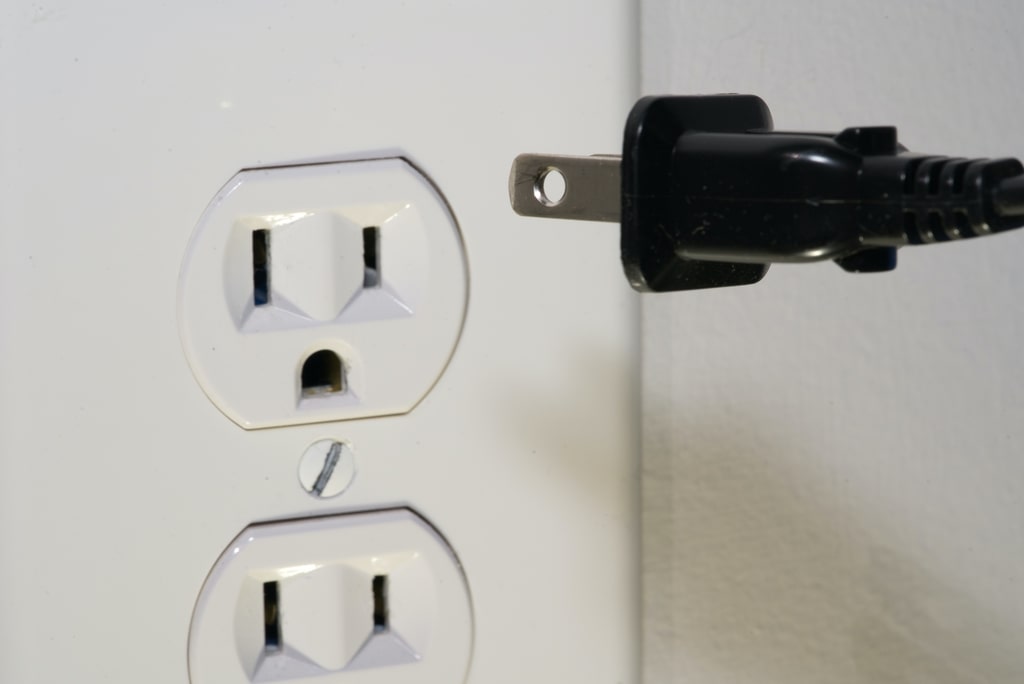
When you purchase a product, you expect it to work correctly and keep you safe. Unfortunately, some products fail to meet this standard, resulting in injuries and other damages.
Understandably, you may feel angry and confused about the best path forward to recover from your injuries.
Product liability cases are complex and require experience in this specialized area of law. A Texas product liability lawyer provides the assistance you need when you need it most.
What Is Texas Product Liability?
When a consumer buys a product and uses it as designed and for its intended purpose, the product should be safe to use.
Texas product liability laws permit you to pursue a lawsuit for your damages when a product fails to meet this expectation.
Does Texas Have a Product Liability Law
The Texas product liability law is a strict liability law. Strict liability means that a person is legally liable for the injuries they cause regardless of whether they did something wrong.
All parties involved in the manufacture, production, or sale of a product may be held liable when a product fails to work as designed.
What Are the Elements of a Texas Product Liability Claim?
A successful product liability case depends on proving the following factors:
- The product was defective,
- The defect was dangerous,
- The defect caused the injury, and
- The product was not changed after leaving the manufacturer.
The Texas product liability law does not require proof of negligence.
However, if the defendant is someone other than the manufacturer, such as a third party that may have altered the product somehow, then the plaintiff may also need to prove negligence.
How Do You Prove a Product Is Defective?
Successfully proving a product defect in a product liability case depends on the type of defect claimed. Product liability claims may arise from any of the following types of product defects.
Design Defect
Proving a design defect requires showing that the product was inherently dangerous due to its design. Inherently dangerous means that the product was likely to cause injury even if used correctly.
Texas product liability law requires the following:
- A safer design alternative was available;
- A safer design would have prevented or significantly reduced the risk of injury or damage without limiting the utility of the product;
- A safer design alternative was economically feasible at the time the product was released; and
- The defect caused the injury or damage.
If the designer could have made a safer product but did not, they may be held responsible under Texas product liability law.
If they could not have reasonably made the product safer but they could have decreased the risk it posed by providing a warning, they may be liable for failure to warn (discussed below).
Manufacturing Defect
A manufacturing defect is proven if the plaintiff shows that a deviation from the design caused the fault.
Manufacturing defects are much harder to prove and require the legal representation of a qualified product liability lawyer.
Failure to Warn
Failure to warn requires a showing that although a product was designed and manufactured correctly, the manufacturer failed to include an adequate warning of the risks associated with the product.
Failure to warn claims must show that the warning labels were insufficient or the manufacturer hid information related to the product’s safety.
Contact Us
The product liability attorneys at Zimmerman Law Firm, P.C., understand the complexity of dangerous product lawsuits.
With 85 years of combined experience, we never hesitate to take on large companies and aggressively fight for our clients.
These cases are not easy to prove and require an experienced legal team to investigate and analyze the facts of your lawsuit.
Contact our office today for a free case review to discuss your potential product liability lawsuit.


